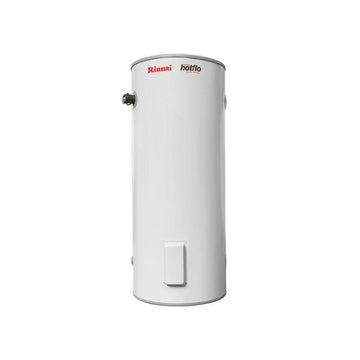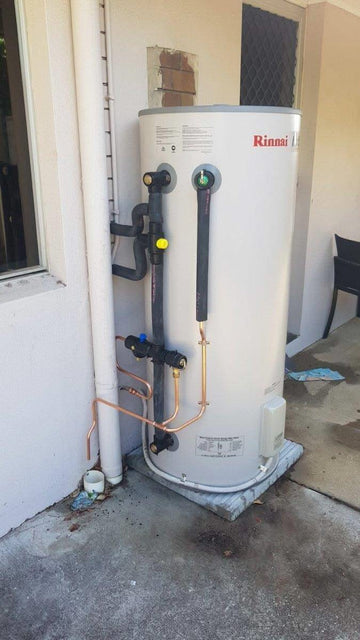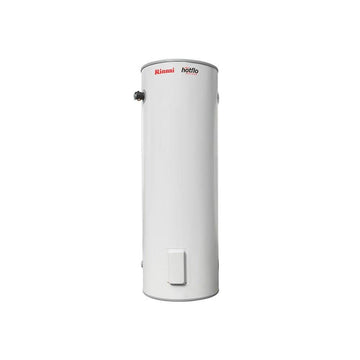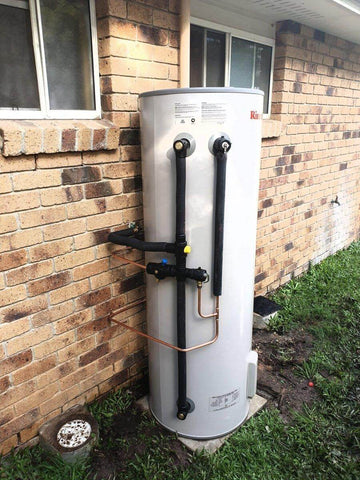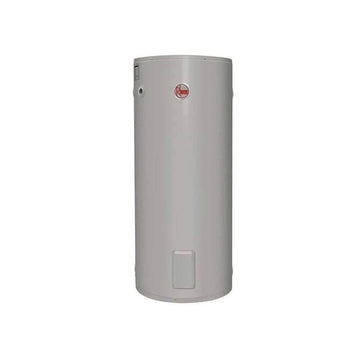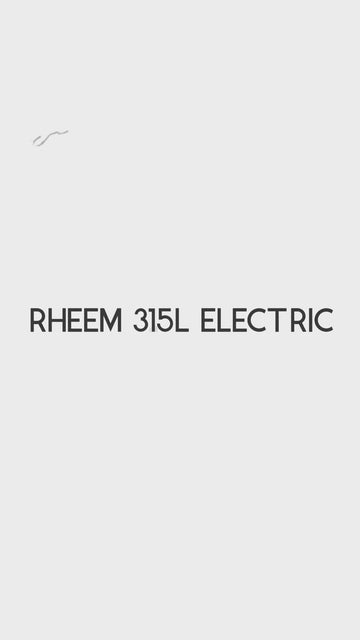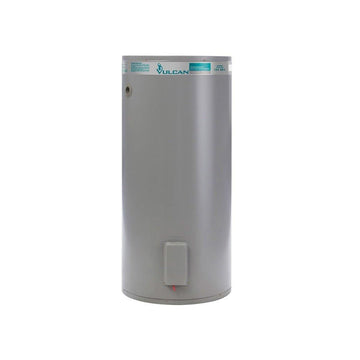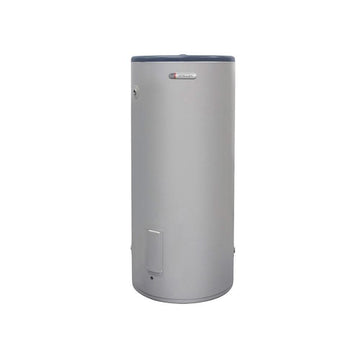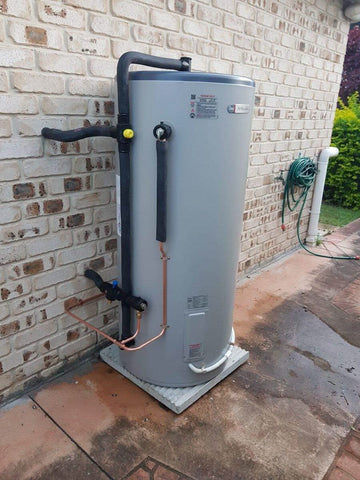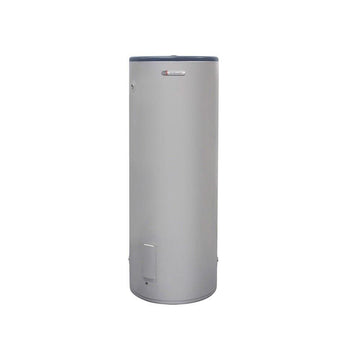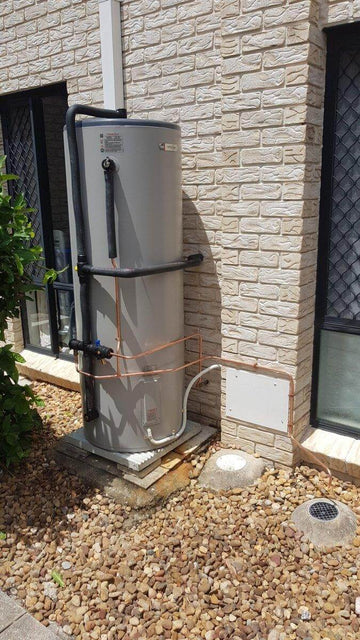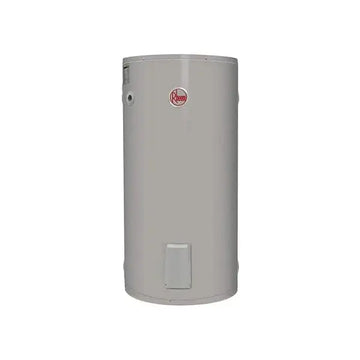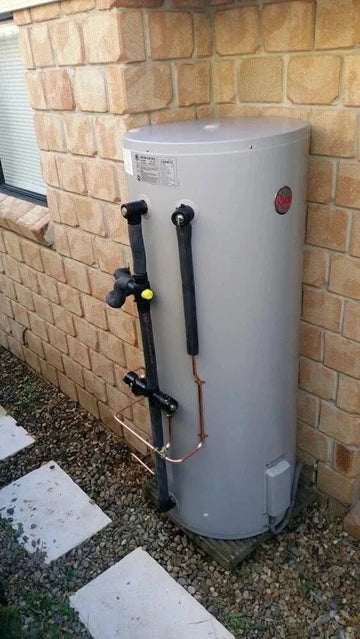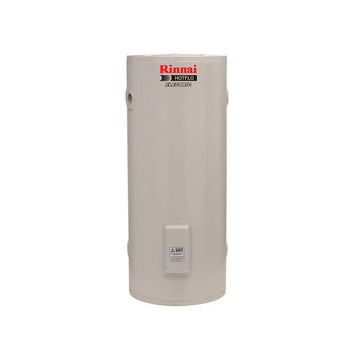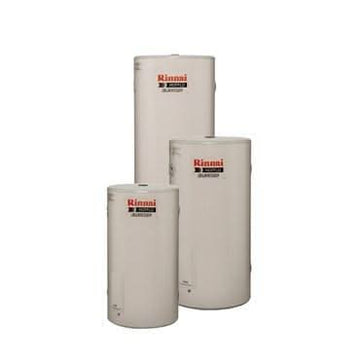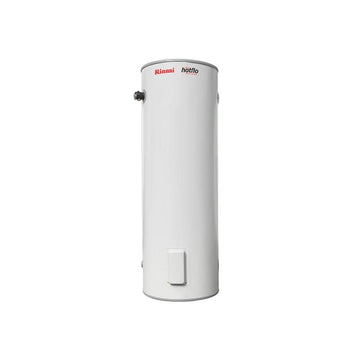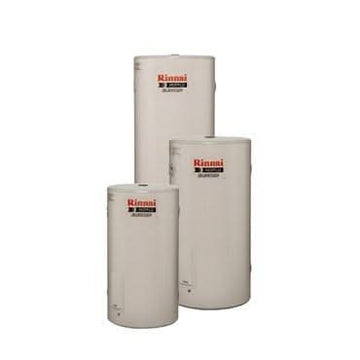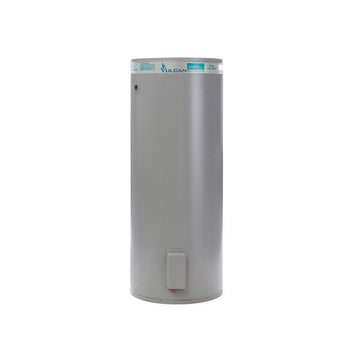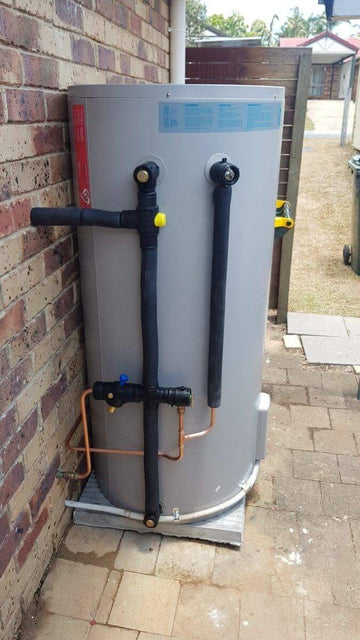Best Electric Hot Water System in Australia – Compare & Install from $799
Are you looking for the best electric hot water system for your home? Whether you need a storage or continuous flow unit, we’ve got you covered. This guide will help you compare top-rated electric water heaters, understand installation costs, and find the most energy-efficient option for your household.
Why Choose an Electric Hot Water System?
✅ Affordable upfront cost – Cheaper than gas and solar systems.
✅ Reliable hot water supply – Works 24/7, regardless of weather.
✅ Easy installation – No gas lines needed, making setup hassle-free.
✅ Energy-efficient models available – Save on power bills with the right system.
✅ Versatile placement – Can be installed indoors or outdoors.
Types of Electric Hot Water Systems
1️⃣ Storage Electric Hot Water Systems
✔️ Heats and stores hot water in an insulated tank. Cold water is heated when hot taps are turned on, and it is crucial to size the system appropriately based on the cold water supply. ✔️ Best for homes with high hot water demand. ✔️ Available in various capacities (50L – 400L). ✔️ Uses off-peak electricity to heat water and save on running costs. 💡 Best for: Large households that use hot water throughout the day.
2️⃣ Continuous Flow (Instant) Electric Hot Water Systems
✔️ An electric water heater, specifically electric continuous flow systems, heats water on demand – no storage tank required. ✔️ Never run out of hot water, as long as flow capacity meets your needs. ✔️ Compact and space-saving design. ✔️ More energy-efficient than storage units. 💡 Best for: Small households or apartments with low to moderate hot water use.
How Much Does an Electric Hot Water System Cost?
|
System Type
|
Tank Size
|
Energy Efficiency
|
Price (Installed)
|
|
Rheem 250L
|
250L
|
★★★★☆
|
From $1,299
|
|
Thermann 125L
|
125L
|
★★★☆☆
|
From $899
|
|
Stiebel Eltron Instant
|
Tankless
|
★★★★★
|
From $1,499
|
💡 Prices vary based on installation complexity. Get a custom quote for your home below.
🚀 Get a Free Quote – Fast installation across Brisbane & Gold Coast!
Installation & Running Costs
📍 Where to Install Your System?
🔹 Indoors or outdoors? Storage units need space, while instant systems are wall-mounted.
🔹 Near bathrooms/kitchens? Closer placement = faster hot water flow. The placement of hot water outlets is crucial in gravity fed hot water systems, as the water pressure is influenced by the height difference between the hot water outlets and the cylinder.
🔹 Off-peak power? Check if your home has an off-peak tariff to save money.
⚡ Energy Efficiency & Lowering Running Costs
✅ Choose a system with high energy star ratings.
✅ Use off-peak power for storage heaters.
✅ Insulate your hot water pipes to reduce heat loss.
✅ Regular maintenance (flushing the tank & checking valves) ensures efficiency.
Electric Hot Water System vs. Other Hot Water Options
|
Feature
|
Electric
|
Gas
|
Heat Pump
|
Solar
|
|
Upfront Cost
|
Low
|
Medium
|
High
|
High
|
|
Running Cost
|
Medium
|
Low
|
Low
|
Very Low
|
|
Eco-Friendly?
|
✅
|
❌
|
✅
|
✅✅✅
|
|
Range of Options
|
Various cylinder sizes and capacities
|
Multiple capacities for different needs
|
Different models for efficiency
|
Diverse systems for maximum savings
|
Choosing the right hot water system is crucial for meeting your specific needs. Whether you live in a small apartment or a large family home, selecting the right system ensures efficiency, capacity, and reliability.
🚀 Thinking of switching from gas? We can help! Get a Free Quote
DIY vs. Professional Installation
🔧 DIY Installation (Basic Systems)
✔️ Suitable for under-sink filters & basic storage tanks.
✔️ Requires tools like a pipe cutter, wrench & Teflon tape.
⚠️ Risk: Incorrect installation can lead to leaks & electrical hazards.
👨🔧 Professional Installation (Recommended for All Systems)
✔️ Ensures correct plumbing & electrical safety. ✔️ Avoids leaks, poor water flow & system damage. ✔️ Compliance with Australian Standards. ✔️ Maintains the efficiency and longevity of your water heater. 💡 Best for: Homeowners who want worry-free, hassle-free installation.
🚀 Book Professional Installation – Fast service in Brisbane & Gold Coast!
How Often Should You Replace Your Electric Hot Water System?
🔄 Every 10-15 years – Standard lifespan for electric hot water systems.
🔄 Every 3-5 years – Replace pressure relief valves & anodes.
🔄 Annual check-ups – Prevents costly repairs & ensures efficiency.
🚀 Need a replacement? Get a Quote
Why Choose JR Gas & Water?
✅ Licensed plumbers & electricians – Ensures safe & compliant installations.
✅ Top brands available – Rheem, Rinnai, Stiebel Eltron & Thermann.
✅ Same-day & next-day service – Across Brisbane & Gold Coast.
✅ Competitive pricing – Transparent quotes & finance options available.
💧 Get Your Electric Hot Water System Installed Today – Quick & Reliable!
FAQs: Electric Hot Water System Installation & Maintenance
💡 What is the best electric hot water system?
✔️ Best Storage Unit: Rheem 250L (for large households).
✔️ Best Instant Unit: Stiebel Eltron (for energy savings).
✔️ Best Budget Option: Thermann 125L.
💡 How much does an electric hot water system cost?
✔️ From $799 for a basic system.
✔️ Up to $2,500 for high-end continuous flow models.
💡 How can I lower my running costs?
✔️ Use off-peak electricity tariffs.
✔️ Insulate your pipes & storage tank.
✔️ Upgrade to an energy-efficient model (6-star+ rating).
💡 Where can I buy a high-quality electric hot water system?
✔️ Order directly from JR Gas & Water for the best prices & expert installation.
🚀 Request a Free Quote












